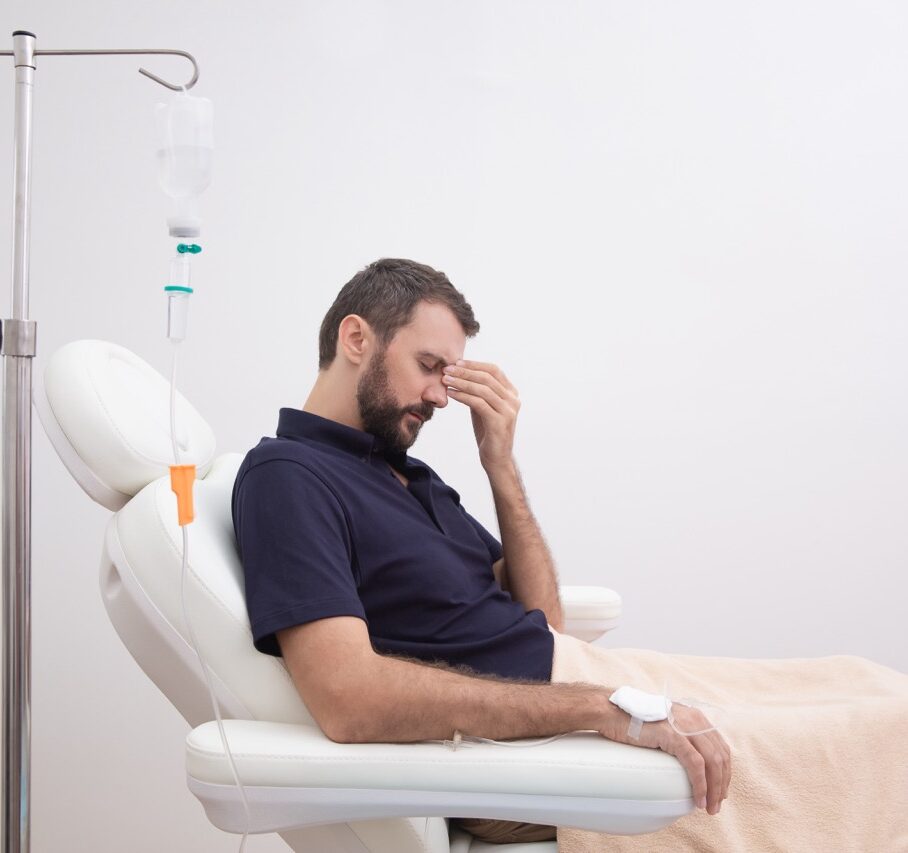Table of Contents
When you’re in the thick of depression, hope can feel like a cruel joke. The weight in your chest, the endless fatigue, the numbness—it all seems like it’s here to stay. But here’s something that many people struggling with depression don’t hear enough: depression can go into remission. In fact, millions of people do get better, often returning to full lives after months or years of darkness. This isn’t a vague promise—it’s a medically documented reality backed by science and lived experience.
Understanding what remission really means, and how to hold on to hope even when everything feels broken, can be a lifeline for someone struggling. This article dives into what remission looks like, how recovery unfolds, and how people can stay well long after the worst has passed.
What Is Remission from Depression? Understanding Recovery Beyond the Cure Myth
Let’s start by clearing something up: remission is not the same as being “cured.” When we say depression can go into remission, we mean that symptoms can decrease significantly or even disappear for extended periods of time. This means the person can return to regular functioning—sleeping better, feeling joy, connecting with others, and managing stress more effectively.
According to the National Institute of Mental Health (NIMH), remission from major depressive disorder (MDD) is achieved when a person no longer meets the criteria for the disorder for several weeks or months. A 2021 meta-analysis published in Psychological Medicine found that with proper treatment—whether it’s therapy, medication, or a combination—60–70% of people can achieve remission from a depressive episode.
Think of it like diabetes or asthma: remission doesn’t mean the condition never existed or could never return, but that it’s not active or disruptive in your life anymore. Depression can fade, often gradually, until one day the fog lifts—and you realize you’re not living just to survive anymore.
Coming Back to Life: What Happens When Depression Lifts
People often say depression feels like being underwater—everything is dull, heavy, muffled. So when remission happens, it’s like breaking the surface and breathing again. It’s not just that you feel “less sad”—you feel alive again.
Here’s what life after depression can look like:
- Energy and motivation return. Simple tasks like getting out of bed or showering no longer feel impossible.
- Joy creeps back in. You laugh more. Music hits differently. Food tastes better.
- Relationships become easier. You start reconnecting with people you pushed away, and you can give more emotionally.
- You dream again. You think about the future. You make plans. You hope.
Real-life story: Mark, a 34-year-old teacher, was diagnosed with major depressive disorder in his twenties. After two years of therapy, medication adjustments, and support from friends, he started to notice changes. “At first, I just felt neutral instead of awful,” he says. “But over time, I started enjoying my students again. I started dating. I laughed without faking it. That’s when I realized I was in remission.”
The power of knowing that others have made it through can’t be overstated. In the darkest moments, hearing that depression is not forever—that real people have walked out of the storm—can be the one thing that keeps someone going.
Protecting Your Recovery: How to Stay Well After Depression
Even after remission, it’s important to acknowledge that depression can return. But that doesn’t mean you’re helpless. Many people live full, rich lives by actively maintaining their mental health—just like someone with high blood pressure might manage it with exercise, meds, and checkups.
Here are evidence-based ways to reduce relapse and stay well:
Therapy Maintenance
Staying in therapy or doing occasional “booster” sessions helps keep coping skills sharp. Cognitive Behavioral Therapy (CBT) and Mindfulness-Based Cognitive Therapy (MBCT) are particularly effective in preventing relapse.
Medication Management
Some people may need long-term antidepressants; others may taper off slowly with their doctor’s guidance. What matters is not stopping medication abruptly and having a plan in place.
Social Support
Connection is key. Whether it’s regular meetups with friends, group therapy, or simply calling someone who “gets it,” isolation increases relapse risk. Having people who notice when you’re slipping makes a huge difference.
Lifestyle Habits That Support Mental Health
- Sleep hygiene: Getting 7–9 hours consistently
- Exercise: Even short walks can help regulate mood
- Nutrition: Omega-3s, lean proteins, and leafy greens support brain function
- Mindfulness and stress reduction: Apps like Headspace or Calm, yoga, or grounding exercises
A 2020 study in The Lancet Psychiatry showed that people who adopted structured daily routines, regular physical activity, and continued social interaction were significantly less likely to relapse after depression.
Hope Is Not Naïve—It’s Backed by Science and Stories
If you’re reading this while battling depression, you might be thinking, That’s not going to happen for me. It’s okay to feel that way. Depression lies. It tells you you’re stuck, broken, hopeless. But it’s not the truth. Remission is real. Recovery is possible. And millions of people are living proof.
Don’t wait for the darkness to magically disappear. Reach out. Try treatment. Ask for help again—even if it didn’t work the first time. Mental health recovery is rarely a straight line, but every step counts. Every moment you choose to keep going is an act of courage.
Whether you’re years into recovery or taking your first breath after a long time underwater, your story matters. You’re not weak for struggling. You’re strong for surviving. And you deserve a life beyond depression—not just one without pain, but one filled with peace, purpose, and joy.










